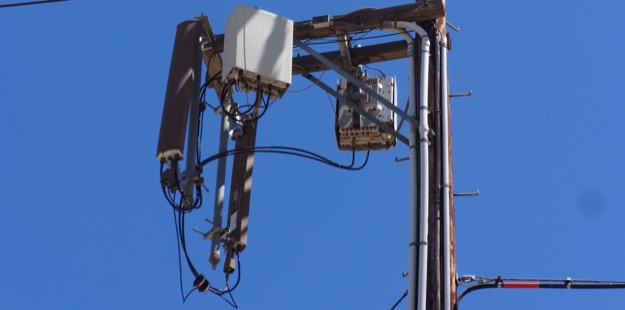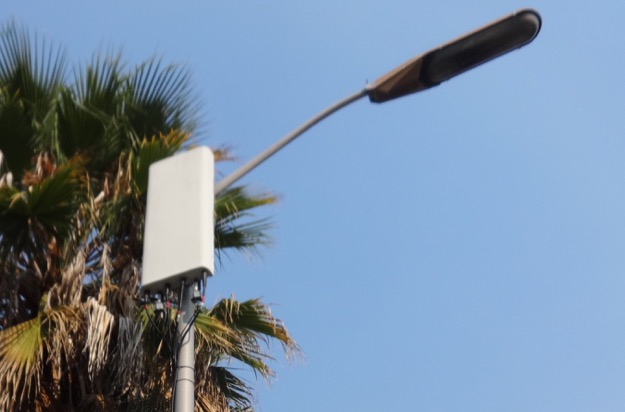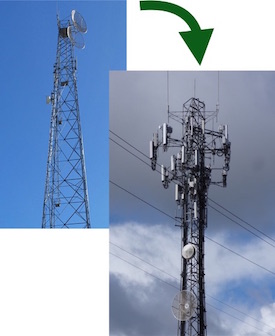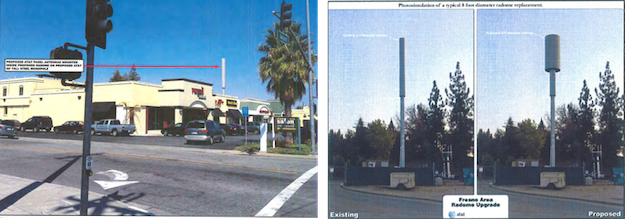Cities ask to move appeals of FCC muni property preemption to San Francisco court
![By Credo Action (Protect Net Neutrality rally, San Francisco) [CC BY 2.0 (http://creativecommons.org/licenses/by/2.0)], via Wikimedia Commons](https://www.tellusventure.com/images/2018/3/sf_net_neutrality_rally_12sep2017.jpg)
The cities, counties and related associations that are challenging the Federal Communications Commission’s decision to preempt local ownership of streetlight poles and similar municipal property in the public right of way are asking to move the case from Denver to San Francisco. A motion to that effect was filed yesterday in the Denver-based tenth circuit court of appeals by the City of San Jose and the other west coast agencies that appealed the FCC decision in the last week of October.… More



![By No machine-readable author provided. MattWright assumed (based on copyright claims). [CC BY-SA 2.5 (https://creativecommons.org/licenses/by-sa/2.5)], via Wikimedia Commons](https://www.tellusventure.com/images/2018/11/denver_skyline.jpg)
![By ABC Television (eBay itemphoto frontphoto back) [Public domain], via Wikimedia Commons](https://www.tellusventure.com/images/2018/5/warner_brothers_western_stars_625.jpg)
![By U.S. Navy photo by Mass Communication Specialist 2nd Class Tommy Gilligan [Public domain], via Wikimedia Commons](https://www.tellusventure.com/images/2018/10/dog_pile.jpg)

![By Loliloli (Own work) [Public domain], via Wikimedia Commons](https://www.tellusventure.com/images/2016/9/kitten_yarn.jpg)

